13 GPTs for Differential Diagnosis Powered by AI for Free of 2026
AI GPTs for Differential Diagnosis are advanced computational models designed to assist in the medical diagnostic process by generating potential diagnoses based on symptoms, patient history, and other relevant data. Leveraging the capabilities of Generative Pre-trained Transformers, these tools are fine-tuned to understand and interpret medical information, providing healthcare professionals with a broad range of diagnostic possibilities. This approach helps in narrowing down the causes of a patient's condition, ensuring a more accurate and efficient diagnosis process. The relevance of these AI tools lies in their ability to handle vast amounts of data and complex patterns that are often challenging for humans to process, making them invaluable in the medical field.
Top 10 GPTs for Differential Diagnosis are: Medical Diagnosis Analysis,Radiology Copilot,Medi Assistant,Neuro Assistant,Uniqcret Doctor of Medicine AI,Medici-PT,House MD,Sclépios I.A : Cas Complexe,Diagnostic Aid,👩⚕️ Case Study Prognosticator 🏥
Medical Diagnosis Analysis
AI-Powered Medical Diagnosis and Insights
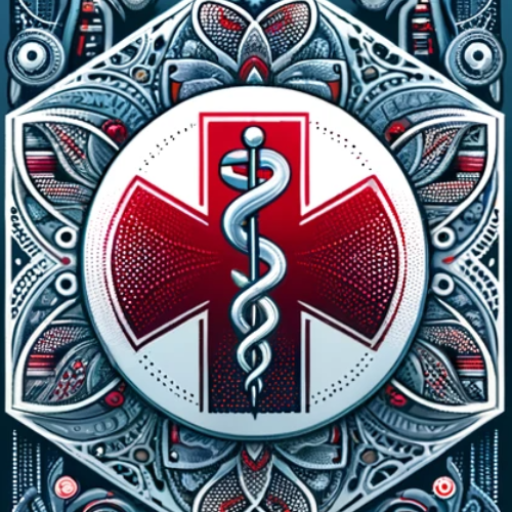
Radiology Copilot
AI-powered radiology assistant for fast, accurate insights.
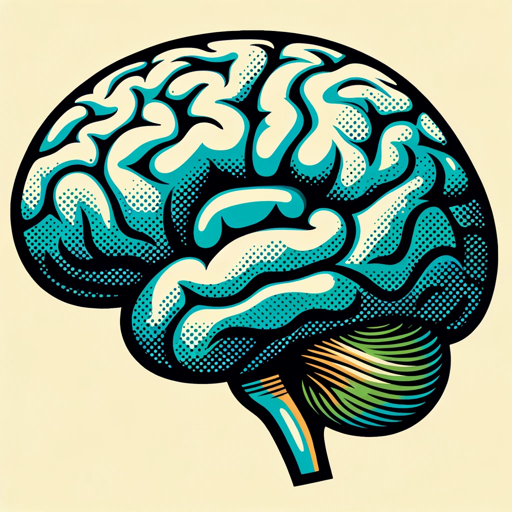
Medi Assistant
Empowering Family Medicine with AI
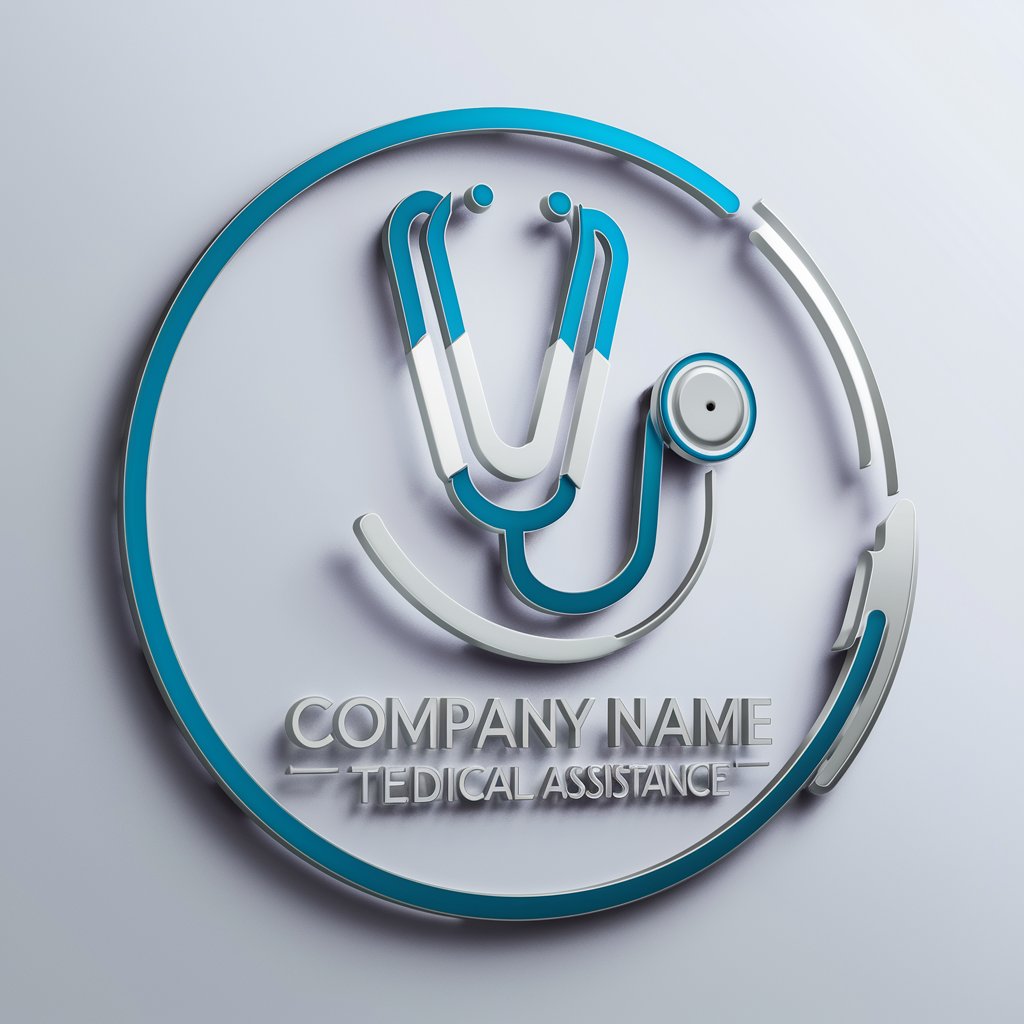
Neuro Assistant
AI-powered assistant for neurologists.

Uniqcret Doctor of Medicine AI
Empowering Future Medicine with AI
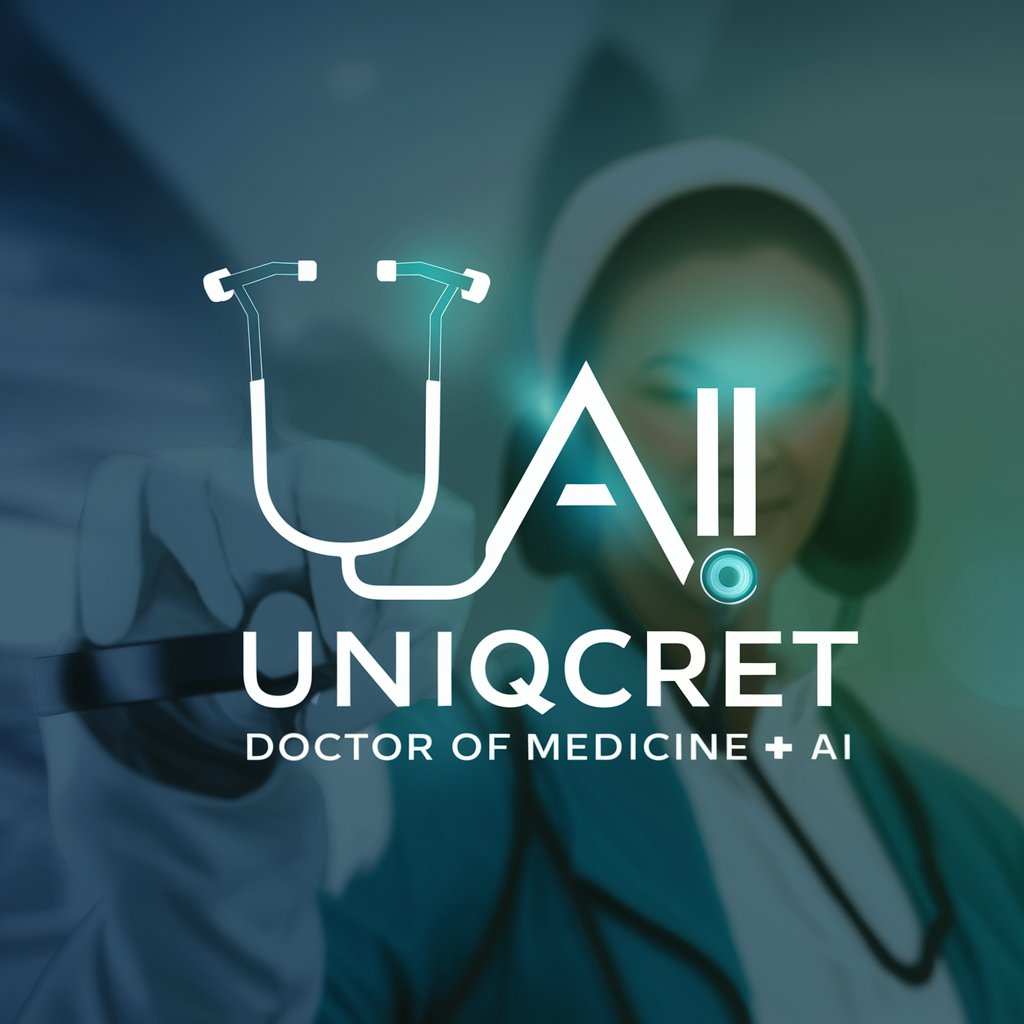
Medici-PT
Empowering medical decisions with AI
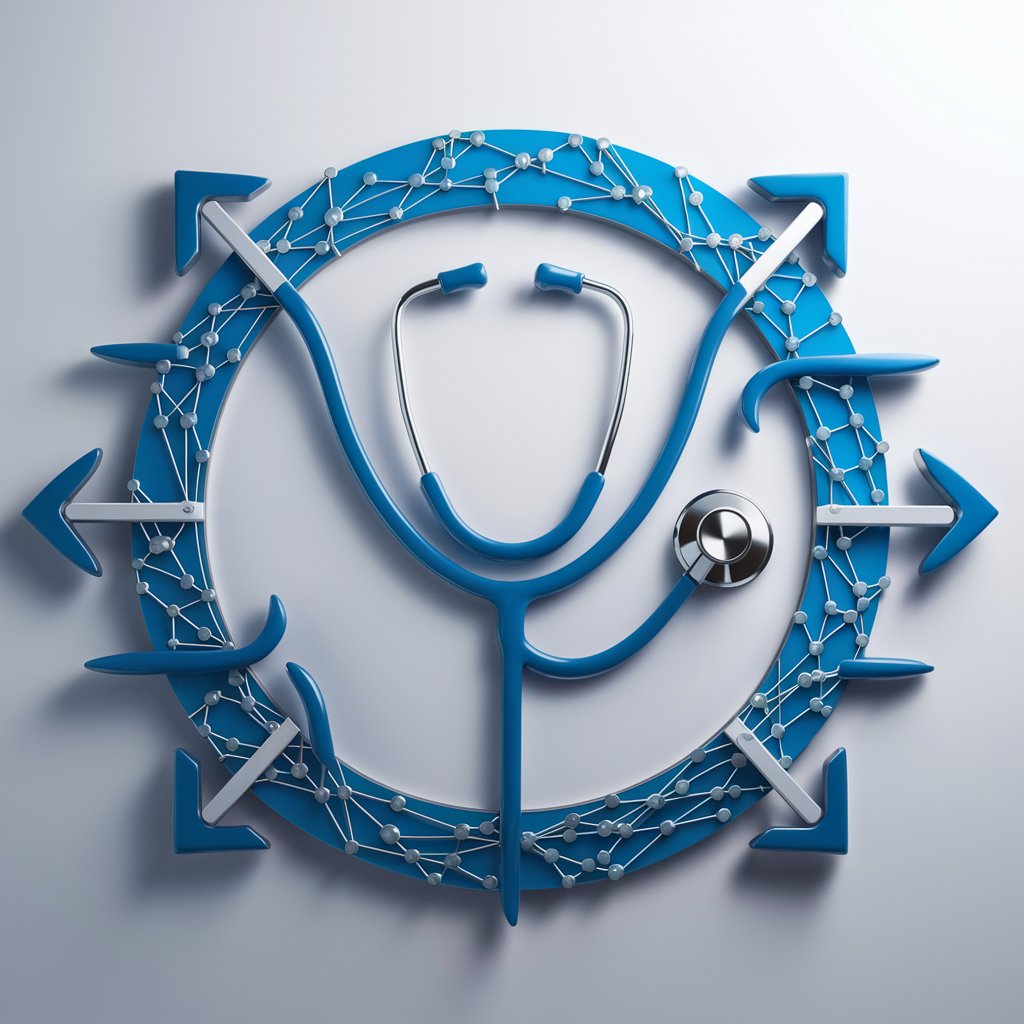
House MD
Empowering medical discovery with AI
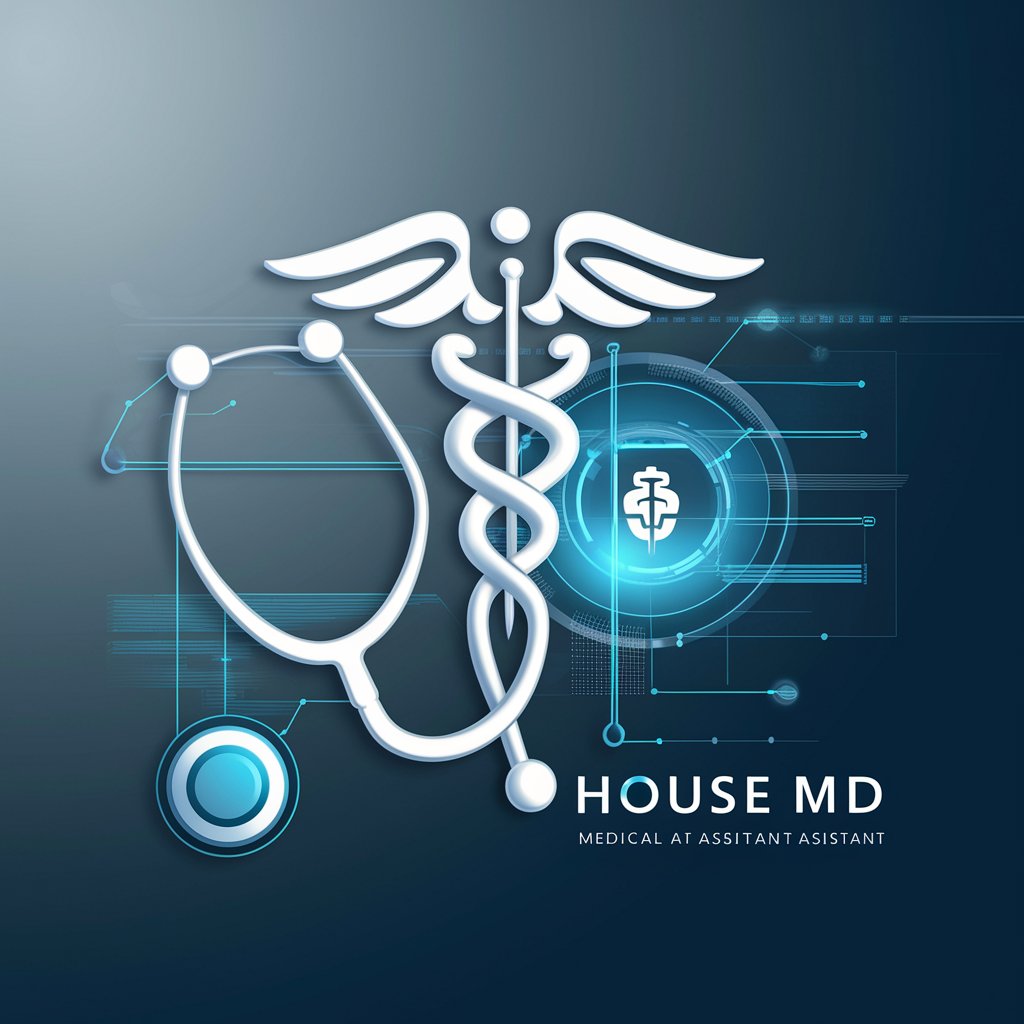
Sclépios I.A : Cas Complexe
Enhancing Medical Insight with AI
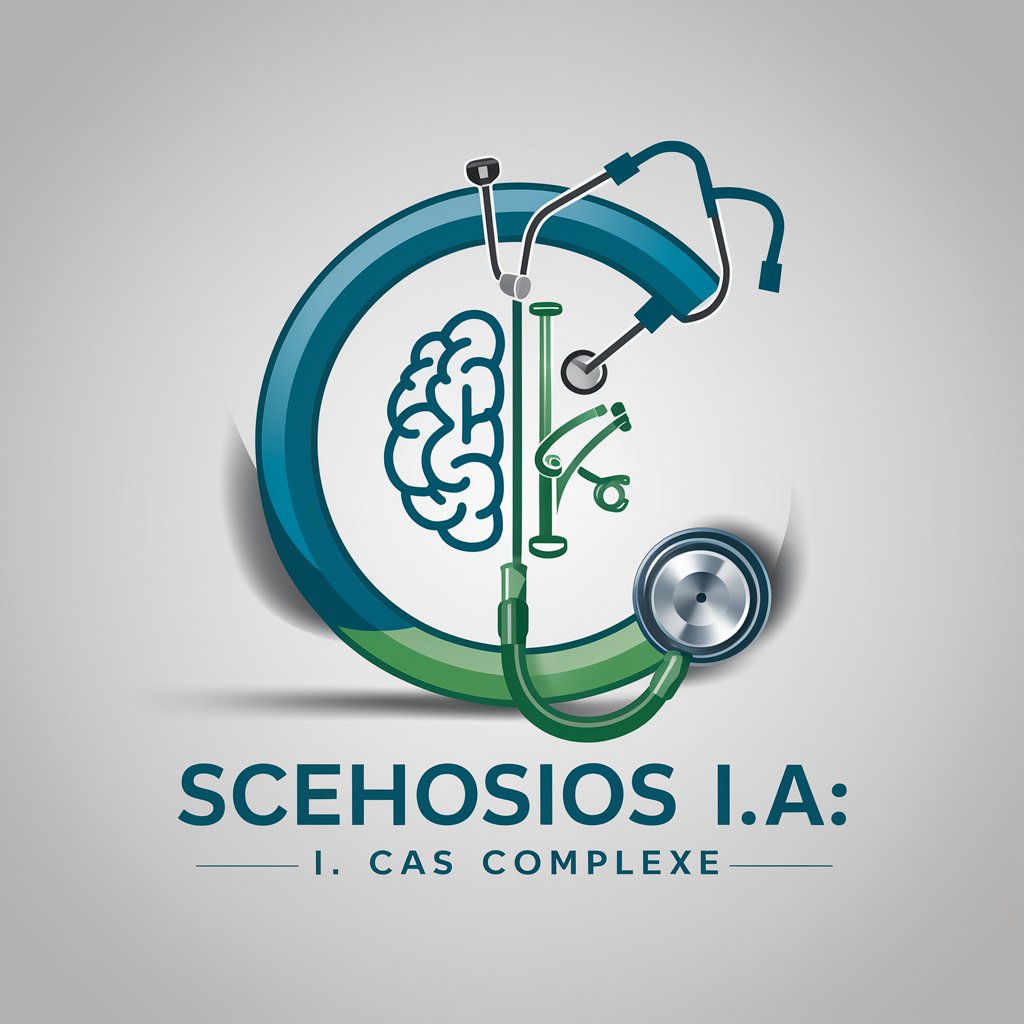
Diagnostic Aid
Empowering diagnostics with AI assistance
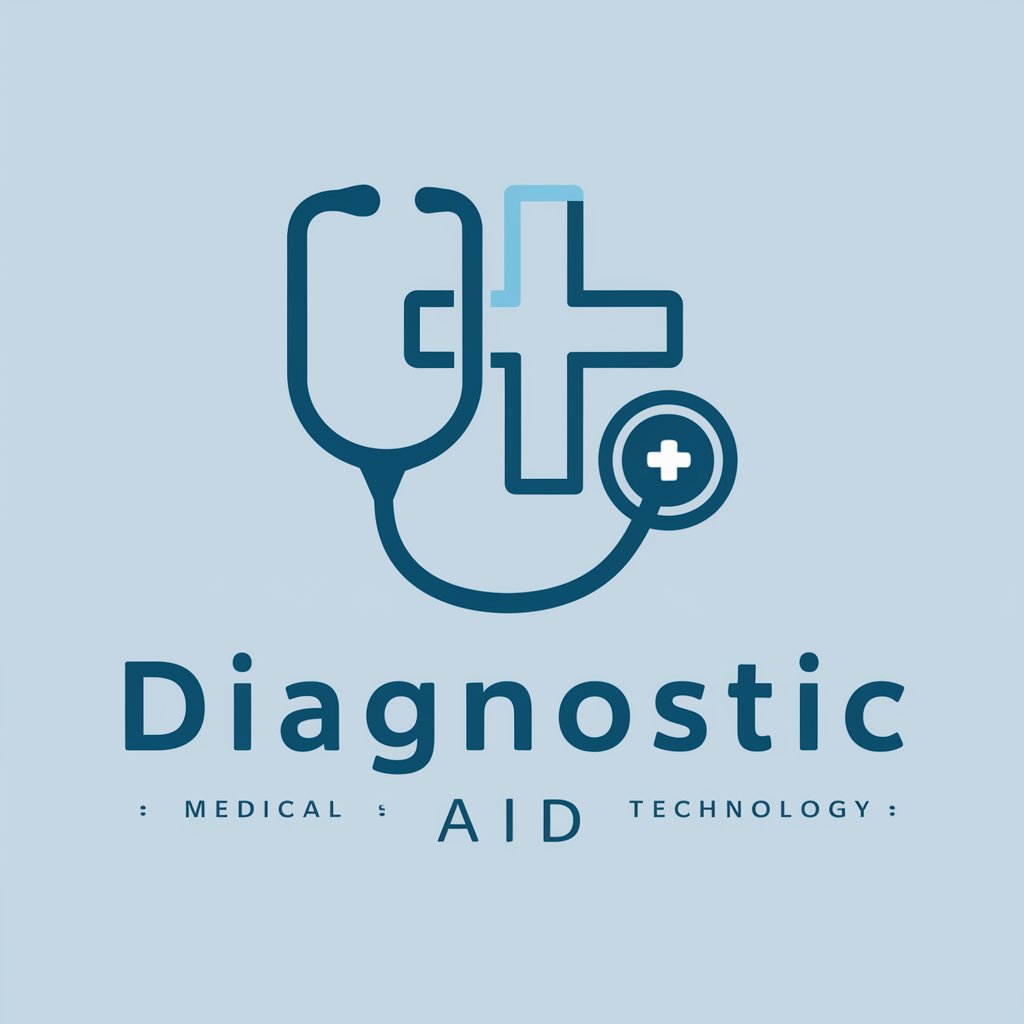
👩⚕️ Case Study Prognosticator 🏥
Empowering Medical Learning with AI

Second Opinion
Empowering Diagnostics with AI
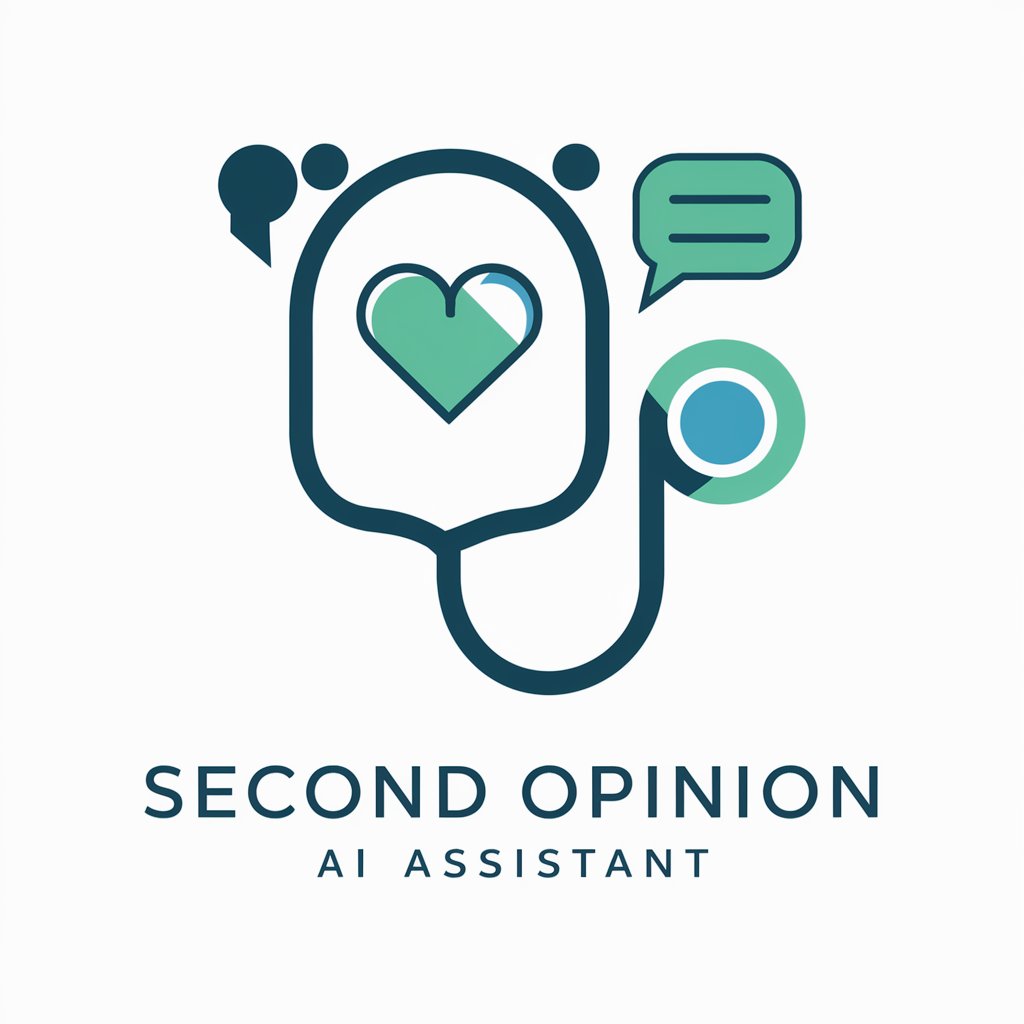
🚑 MedCase Solver Pro 🧬
Empowering Medical Insights with AI
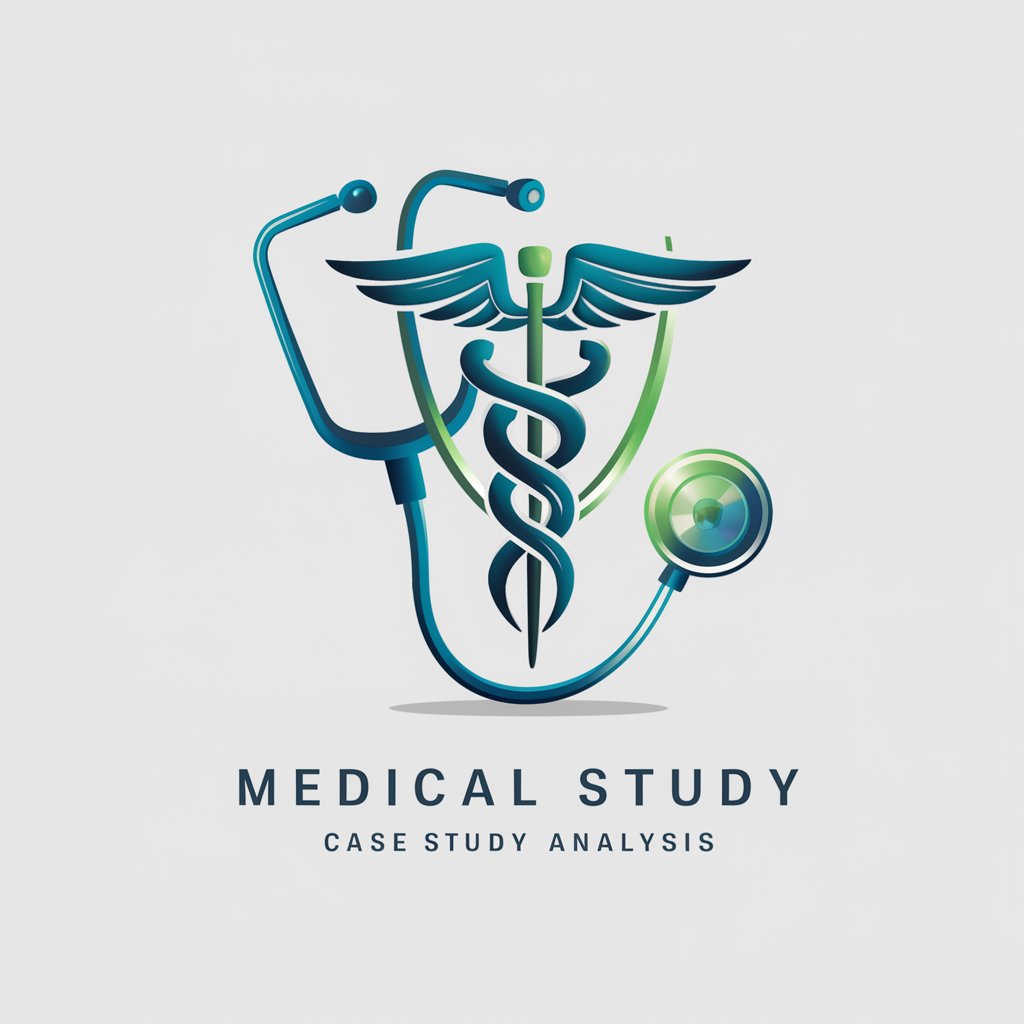
AbdouScan Fetal Assistant
Empowering fetal diagnostics with AI
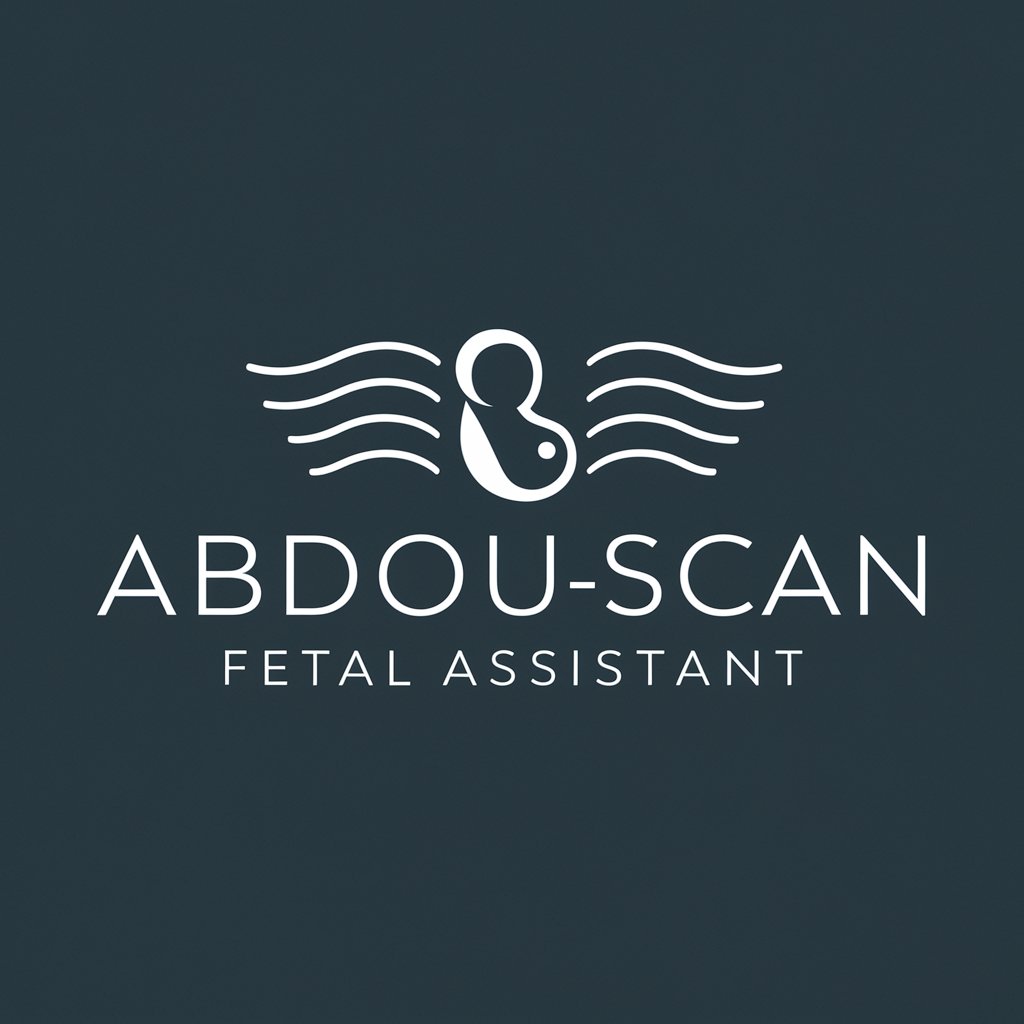
Key Attributes of AI GPTs in Differential Diagnosis
AI GPTs for Differential Diagnosis come equipped with several distinctive features. Their adaptability allows them to be customized for various complexity levels within the medical diagnostic field. From interpreting patient data to suggesting potential diagnoses, these tools can handle tasks with precision and efficiency. Notable features include their ability to learn from medical literature, support through technical queries, perform web searches for the latest research, generate illustrative images for better understanding, and analyze complex datasets. Such capabilities make them particularly useful in staying updated with the rapidly evolving medical knowledge base and adapting to the unique needs of each diagnostic challenge.
Who Benefits from Differential Diagnosis AI Tools
The primary beneficiaries of AI GPTs for Differential Diagnosis include medical professionals, healthcare providers, and medical students. These tools are designed to be accessible to users regardless of their coding skills, offering intuitive interfaces for novices while also providing advanced customization options for developers and IT professionals in the healthcare sector. This dual approach ensures that a wide range of users can leverage AI capabilities to enhance diagnostic accuracy and efficiency.
Try Our other AI GPTs tools for Free
Case Review
Discover how AI GPTs for Case Review revolutionize case analysis with advanced natural language processing, offering tailored solutions for legal, medical, and business professionals.
Disease Analysis
Discover how AI GPTs for Disease Analysis revolutionize disease understanding and treatment with advanced data analysis and diagnostic tools.
Pharmacology Insight
Discover how AI GPTs for Pharmacology Insight are revolutionizing drug research, patient care, and education with advanced AI capabilities tailored to pharmacology.
Customized Feed
Discover how AI GPTs for Customized Feed revolutionize content personalization, offering dynamic, user-centric content streams that enhance engagement and satisfaction.
Creative Solutions
Explore AI GPTs for Creative Solutions, the future of creativity across fields. These tools offer tailored AI assistance for content creation, design, and more, accessible to all skill levels.
Solo Play
Explore AI GPT tools for Solo Play, designed to enhance your personal tasks with interactive and personalized AI experiences.
Extended Impact of AI GPTs in Healthcare
AI GPTs for Differential Diagnosis exemplify the potential of customized solutions across different sectors, particularly in healthcare. They not only streamline the diagnostic process but also enhance learning opportunities for medical professionals and students. Their adaptability and continuous learning capabilities highlight the future of medical diagnostics, where AI and human expertise collaborate for improved patient outcomes.
Frequently Asked Questions
What exactly are AI GPTs for Differential Diagnosis?
AI GPTs for Differential Diagnosis are artificial intelligence tools designed to assist in identifying possible conditions based on presented symptoms and data, using advanced algorithms and machine learning techniques.
How do these AI tools improve diagnostic accuracy?
By analyzing vast datasets and recognizing complex patterns, AI GPTs can suggest potential diagnoses that may not be immediately apparent to healthcare professionals, thus improving diagnostic accuracy.
Can non-technical users operate these AI tools effectively?
Yes, these tools are designed with user-friendly interfaces that do not require advanced technical knowledge, making them accessible to healthcare professionals without coding skills.
Are these AI tools customizable?
Absolutely. For those with programming expertise, the tools offer advanced customization options, allowing them to be tailored to specific diagnostic needs or integrated into existing healthcare systems.
How do AI GPTs stay updated with medical advancements?
These AI tools continuously learn from new medical research, clinical guidelines, and patient data, ensuring their diagnostic suggestions remain relevant and up-to-date.
Can AI GPTs handle rare diseases in their differential diagnosis?
Yes, AI GPTs are trained on diverse datasets that include information on rare diseases, enabling them to consider a wide range of possibilities in their diagnostic assessments.
What are the limitations of AI GPTs in differential diagnosis?
While highly effective, these tools should not replace medical professionals but rather serve as an aid. Their suggestions are based on data and algorithms, and final diagnoses should always involve clinical judgment.
How can healthcare institutions integrate these AI tools?
Healthcare institutions can integrate these AI tools into their existing systems through APIs or custom software solutions, allowing for seamless access to AI-supported differential diagnosis.